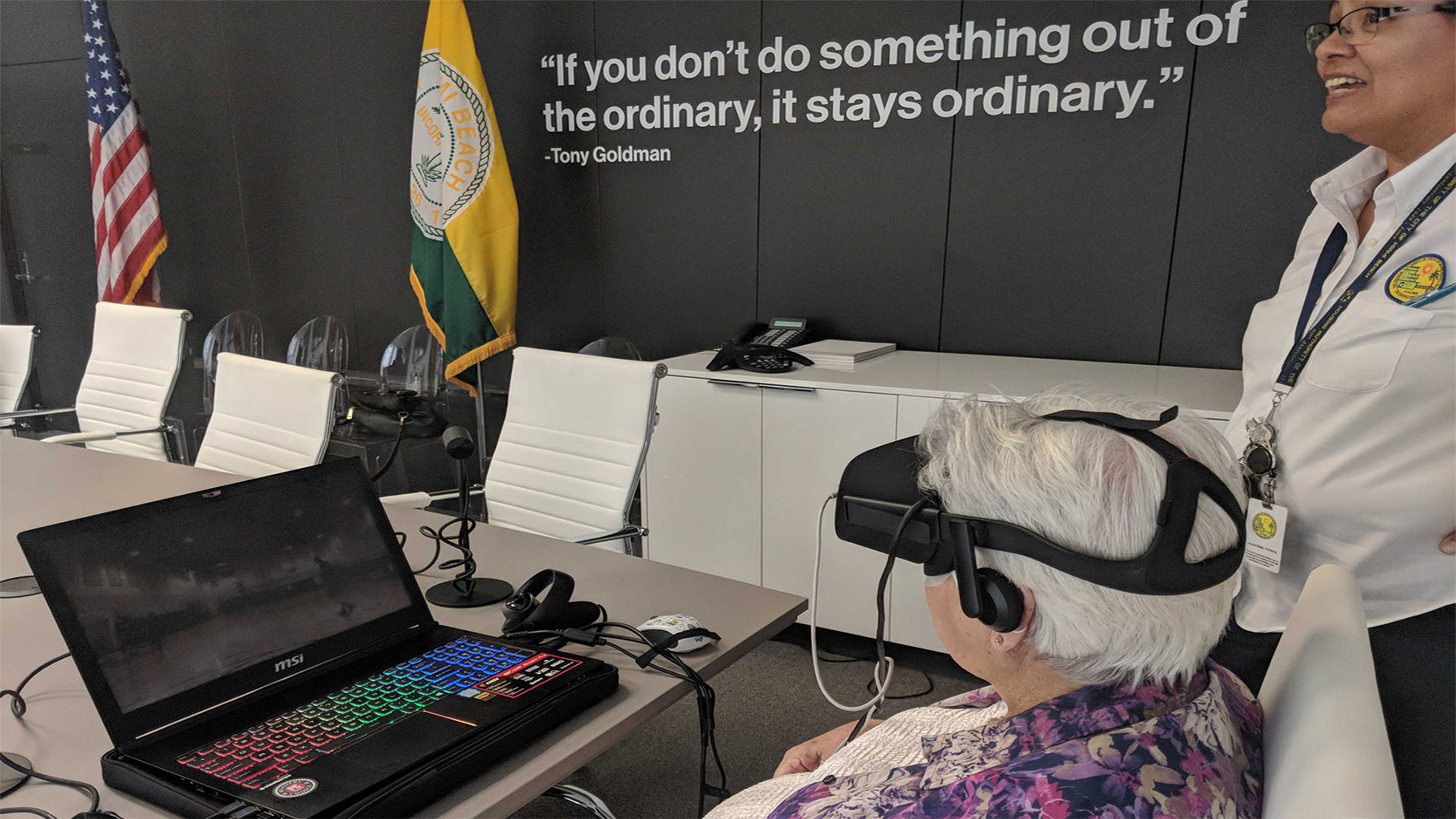Life, A Digest. Soon Available for Download from the Cloud
In a world where immersive technology is ubiquitous, experience becomes the dominant new currency. When will we see marketplaces where individuals can freely exchange experiential wealth: from getting married to skydiving, receiving an Oscar, etc.? The era of existential scarcity will have come to an end.
We will then be ready to welcome to a newly found abundance of experiences where regret as an emotion is now obsolete. Who will be the early adopters of such an experiential revolution? Those for whom such a future shock can never come too soon: citizens who are dying and do not have much time left, and beyond, the senior population -- which is to say, the new majority in the Western world.
Together with my interdisciplinary team, we use virtual reality to fulfill seniors’ last wishes come true before they pass. Going back to one’s motherland, seeing the Holy Land, visiting Europe for the first time, going on a safari, swimming with dolphins, climbing the Machu Picchu: immersive technology can allow seniors to take off elements of their bucket list from the comfort of their seat or their bed. Imagine a VR platform which would digitize the most popular bucket list experiences: the fulfilling experiences individuals wish to tick off before they pass, made widely available in 3D immersive format.
How will we ever finish completing such a Herculean task to fulfill wishes at scale? Regardless of our diverse backgrounds and cultural differences, the number of natural or man-made wonders that this planet hosts and humans universally wish to contemplate within their lifetime is large but not infinite. In our collective imaginary, the pyramids of Egypt, the Great Wall of China, Niagara Falls already belong to our universal bucket list, and are all but one VR headset away.

